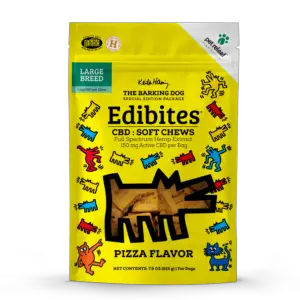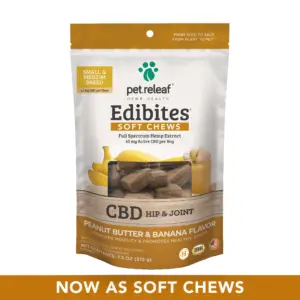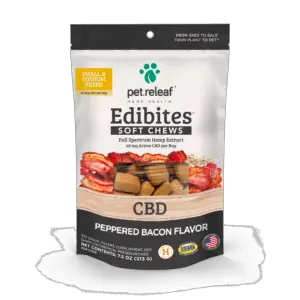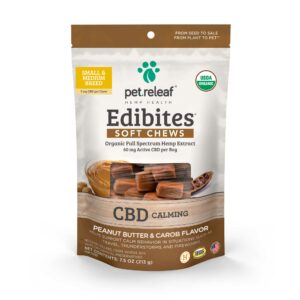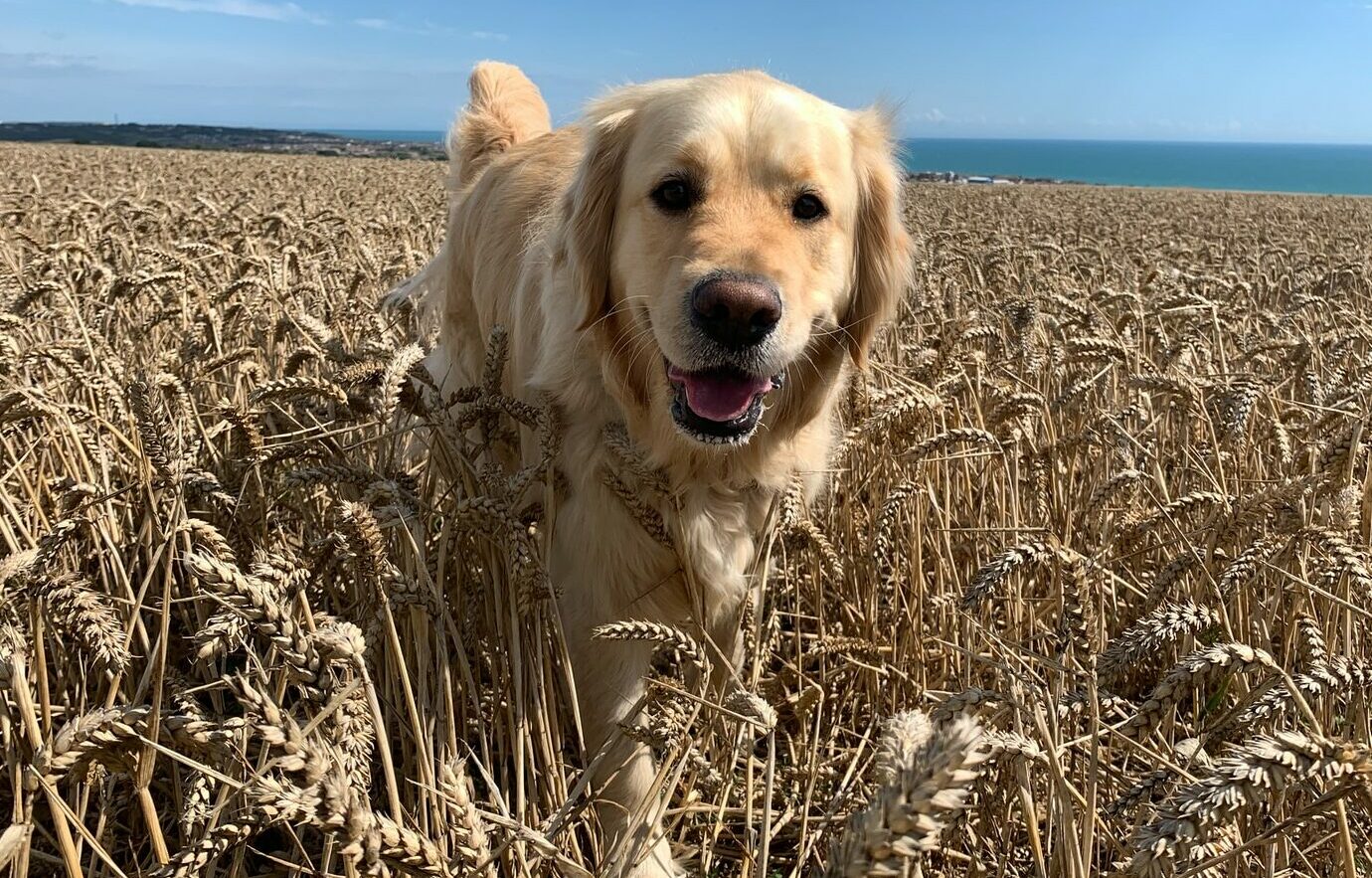
Key points
- Although grain-free pet food is very trendy nowadays, it is not scientifically justified;
- Canines are more likely to be allergic to protein-rich foods such as beef, dairy products, and chicken than to grains;
- Dogs are not obligate carnivores, meaning they do not require a meat-only diet and can easily tolerate carbohydrates;
- The FDA has recently published a Grain-Free Diet Alert, where the agency links the consumption of grain-free foods with the development of canine dilated cardiomyopathy (enlarged heart).
Grain-free diets are becoming more and more trendy both for humans and dogs. This is caused by numerous rumors about the harm of grains for dogs. Plus, the trend is reinforced by clever marketing. For example, the “grain-free” stamp has become a quality criterion, even though there’s no scientific basis for it. Grain-free pet food owes much of its popularity to the increasing number of instances of canine allergies, as well as the hype around raw food diets for pets.
Grain is often associated with intolerance and allergies. However, grain is not as bad as many pet food companies would like you to believe and it’s not only used as a filler in cheap feed. For example, wheat gluten, which is mainly made up of protein, is 99 percent digestible and has an amino acid content similar to meat. Also, properly prepared corn is rich in highly digestible carbohydrates, essential fatty acids, and fiber. Therefore, it is widely used in foods for dogs with medical conditions that require decreased fat or protein consumption.
Table of Contents
Are Dogs Allergic To Grain?
You can often hear that grains cause allergies in dogs. Unfortunately, the terms “allergy” and “gluten intolerance” are sometimes mixed up. In gluten intolerance, which is known as celiac disease in humans, wheat gluten causes the intestine to produce an inflammatory reaction when foods containing the protein are ingested. This inflammation closely resembles an allergic reaction in some respects and an autoimmune disease in others.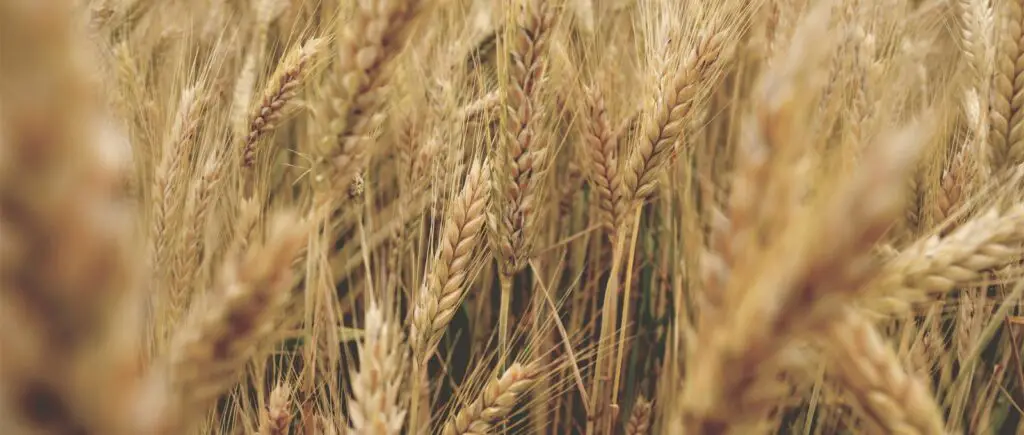
Dogs can also suffer from grain protein allergies. However, grain protein doesn’t cause allergies more often than other proteins. Conversely, gluten allergies are by far less common than is generally assumed. Since allergic reactions often happen in response to interactions with certain proteins, dogs are mostly allergic to protein-rich ingredients such as beef, dairy products, and chicken, which are frequently used by pet food manufacturers.
Of course, your dog might have an adverse reaction to one particular grain, let say wheat, but it doesn’t necessarily mean that a grain-free diet will be appropriate for the pet. Choosing food that doesn’t contain the grain your pet is allergic to would be a much better option.
However, this fact does not prevent dozens of pet food manufacturers from labeling their grain-free foods as good for dogs with allergies.
Shouldn’t Dogs Eat the Same Food As Wolves?
 Dogs are considered to be carnivores, and this fact is often used as an argument for feeding them a diet almost exclusively made up of meat. However, the term carnivore can be misleading when taken literally. In its study, scientists from the University of Maine proved that dogs are indifferent omnivores rather than true carnivores, meaning that dogs have some carnivorous traits such as sharp teeth, but they are also perfectly capable of digesting carbohydrates.
Dogs are considered to be carnivores, and this fact is often used as an argument for feeding them a diet almost exclusively made up of meat. However, the term carnivore can be misleading when taken literally. In its study, scientists from the University of Maine proved that dogs are indifferent omnivores rather than true carnivores, meaning that dogs have some carnivorous traits such as sharp teeth, but they are also perfectly capable of digesting carbohydrates.
You will not be doing any favors to your dog by feeding it a meat-only diet. In fact, this can lead to canine malnutrition because, just like wolves, dogs need nutrients contained in the bones, blood, and gastrointestinal contents of their prey.
Dogs are dependent on the carbohydrates contained in the stomach and the intestines of their prey. This includes soluble carbohydrates, such as starch, and insoluble carbohydrates, such as cellulose in vegetable fiber. Insoluble carbohydrates don’t provide the dog with energy, but they are essential for maintaining the intestinal flora. That’s why dogs and wolves like to eat grass, berries, or plant roots. They would by no means miss the chance to eat the carbohydrate-rich stomach contents of a wild boar that consumes grain and nuts in large quantities.
The latest findings also show some apparent differences between the nutritional needs of dogs and wolves. Throughout their domestication, dogs have managed to adapt to human feeding habits. With the advent of agriculture (around 10,000 years ago), humans and dogs who lived alongside them developed the ability to digest larger amounts of starch and use it as a source of energy.
Aren’t Grains For Dogs Genetically Modified?
There are many concerns people have about the use of genetically modified grains. For example, some pet owners believe that genetically modified grains can cause the leaky gut syndrome, where small fissures develop in the pet’s gut lining. This, in turn, is believed to allow bacteria, toxins, partially digested proteins, and fats to seep into the bloodstream, which leads to food sensitivities, fatigue, skin rashes, gas, and bloating.
However, these are just rumors and speculation since there is no actual evidence of this happening. GMO grains, fruit, and vegetables are just as safe as non-genetically modified products.
If you are, nevertheless, suspicious, try looking for foods that contain less popular grains, which are also less likely to be genetically modified (for example, oats, millet, teff, buckwheat, and amaranth).
Potential Dangers Of Grain-Free Diets For Dogs
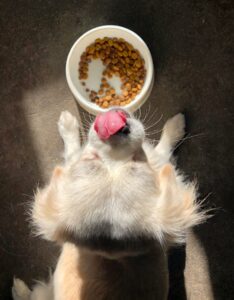 Grain-free diets might be not only unnecessary, but they could pose a serious risk to your dog’s health. The FDA has just released a Grain-Free Diet Alert, where they link the consumption of grain-free pet foods linked to canine dilated cardiomyopathy (DCN) – basically, an enlarged heart in dogs. The FDA investigated 515 reports of DCM in dogs. Unfortunately, 119 dogs that were part of the study died as a result of the disease.
Grain-free diets might be not only unnecessary, but they could pose a serious risk to your dog’s health. The FDA has just released a Grain-Free Diet Alert, where they link the consumption of grain-free pet foods linked to canine dilated cardiomyopathy (DCN) – basically, an enlarged heart in dogs. The FDA investigated 515 reports of DCM in dogs. Unfortunately, 119 dogs that were part of the study died as a result of the disease.
However, the absence of grain in pet food may not be the only culprit. Typical ingredients added to grain-free food by manufacturers are also suspected of being responsible for heart enlargement in dogs.
There is also another concern related to grain-free diets. Manufacturers who produce such foods for dogs usually just replace grains with other plant-based products, including potatoes, pumpkin, sweet potatoes, peas, and carrots, which are less nutritious than grains. This also means that such diets will often have more carbohydrates than foods that aren’t labeled grain-free. There is no doubt your dog needs carbohydrates to produce energy. However, excess consumption of soluble carbohydrates can lead to obesity, overgrowth of harmful bacteria in the gut, and lack of energy.
Is It Nonsense To Feed Grain-Free Food To Dogs?
If your dog prospers on a diet that contains grains, and you’re only considering switching to a grain-free food because it’s a popular trend, you definitely shouldn’t proceed with the change.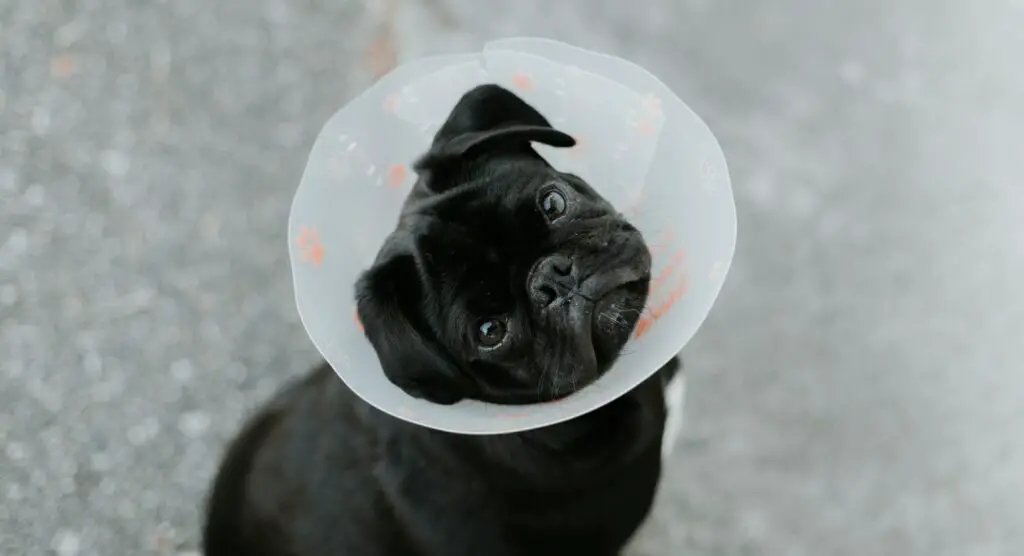
As discussed above, a grain-free diet might pose severe risks to your dog’s health. Moreover, since this diet is so trendy, the cost of grain-free pet food is significantly higher than that of conventional dog food. So, you shouldn’t feel any remorse for buying food that contains grain for your furry friend.
Of course, if your dog cannot tolerate gluten, you should consult your vet and go for food that does not contain any grain. Such cases, however, are very rare and easy to spot.
You can also try feeding your dog an insect-based food manufactured by Petcan. Such food is safe for both cats and dogs. Not only is it capable of meeting your pet’s nutritional needs, but it is also sustainable and good for the planet.
FAQ
What grains can I give my dog?
Corn, rice, oats, barley, wheat, rye, and sorghum are some of the most popular grains used in dog food. All of them are safe for your dog and can provide the pet with digestible carbohydrates, nutrients, and fiber.
Is it OK for dogs to have wheat?
Unless your dog has a very rare gluten intolerance called celiac disease, it is perfectly fine to give your dog wheat.
Why is wheat bad for dogs?
Generally, wheat is considered safe for dogs. The “grain-free” label on many pet foods is, for the most part, a marketing ploy that does not have any scientific basis.
Why is grain-free food bad for dogs?
According to the recent investigation conducted by the FDA, grain-free foods are linked with canine dilated cardiomyopathy – essentially, an enlarged heart. Out of 560 dogs affected by the condition, 119 died as a result of the disease.
Why do vets not recommend grain-free dog food?
Vets agree that avoiding grains in your dog’s diet might lead to some health problems. Pet foods that contain grains are good for dogs since they are rich in protein, carbohydrates, and fiber Moreover, such foods are easily digestible and well-tolerated by dogs.

